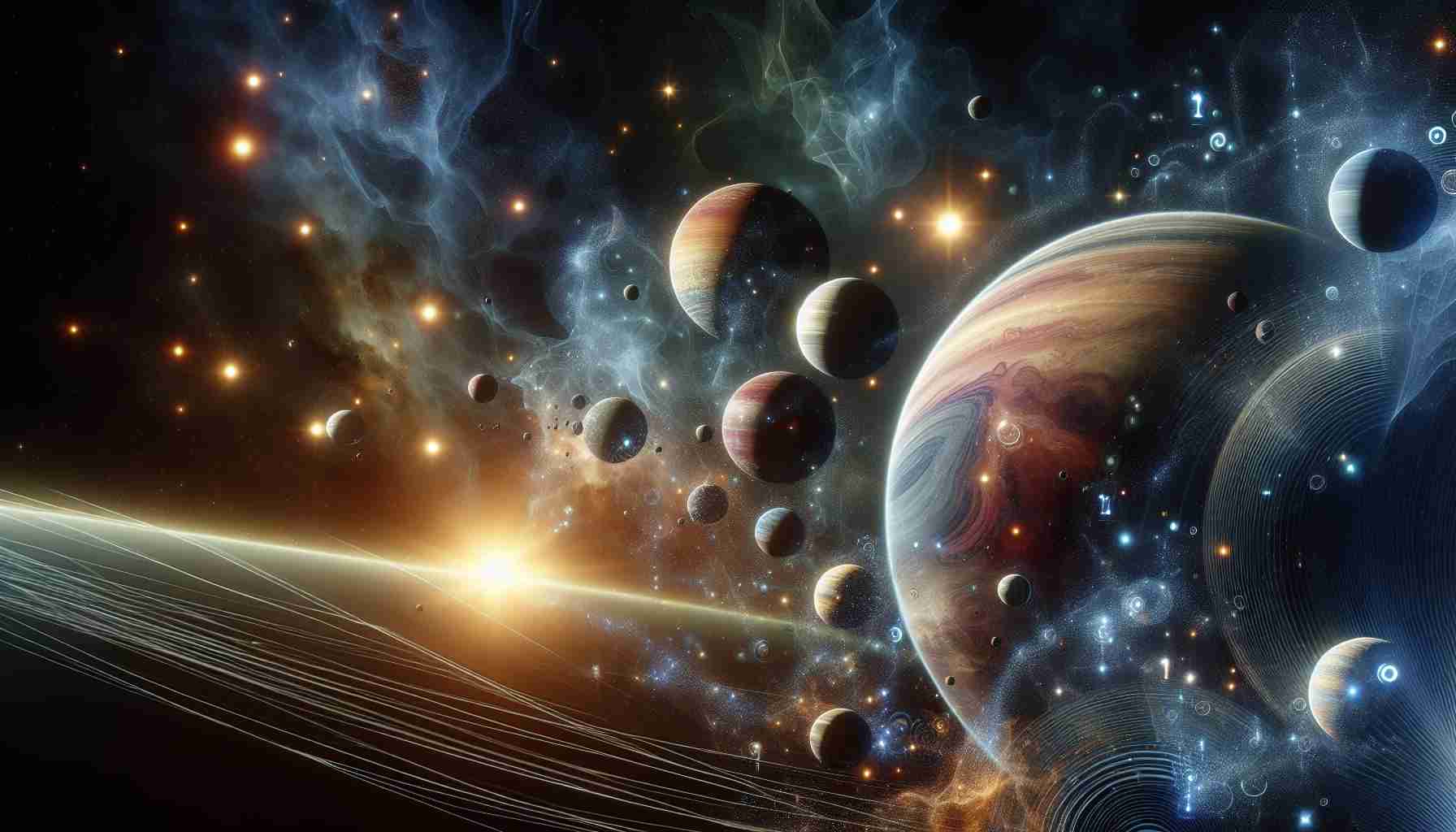- AI technology is revolutionizing planet discovery by analyzing light patterns from stars.
- This method is faster and reduces human error compared to traditional data analysis.
- AI advancements offer new insights into exoplanets and their potential to host life.
- The technology democratizes space exploration, allowing amateurs to analyze data.
- AI’s role in space exploration is expected to grow, revealing more cosmic mysteries.
In a groundbreaking development, scientists have leveraged artificial intelligence to discover new planets beyond our solar system, offering a fresh perspective on the future of space exploration. Unlike traditional methods that rely heavily on sifting through volumes of data manually, AI algorithms can process immense datasets more quickly and accurately, significantly increasing the rate of discovery.
At the forefront of this technology is a specialized AI program that analyzes light patterns from distant stars to identify potential planets. These light fluctuations, known as transits, may indicate a planet passing in front of its host star. By automating this analysis, AI not only saves time but also reduces human error, ensuring no potential planet is overlooked.
This innovation opens up new opportunities for understanding exoplanets—planets located outside our solar system—and their potential to harbor life. Scientists are now optimistic about the possibility of discovering Earth-like planets that could support human life or provide critical insights into the formation of our own solar system.
Looking ahead, the integration of AI in space exploration promises to democratize access to cosmic discoveries. Public databases enriched with AI findings already enable amateur astronomers to participate in data analysis, bridging the gap between professional scientists and enthusiasts worldwide.
As AI continues to evolve, its role in space exploration is set to expand, potentially unlocking mysteries of the universe that have eluded humanity for centuries. The future of discovering new planets has never looked brighter.
How AI is Redefining the Search for New Worlds and What It Means for Us
How Does AI Assist in Discovering New Planets?
Artificial intelligence is revolutionizing the field of astronomy, particularly in the discovery of new planets. Primarily, AI algorithms analyze light patterns from distant stars to detect transits, which are slight dimming events that may indicate a planet passing in front of its host star. This automated process enables the rapid and accurate identification of potential planets by sifting through vast datasets that would be time-consuming for humans to process manually. The result is a significantly accelerated rate of discovery, enhanced precision in identifying candidate exoplanets, and an overall reduction in human error.
What Are the Potential Benefits and Limitations of Using AI in Space Exploration?
# Benefits:
1. Increased Discovery Rate: AI can process and analyze astronomical data much faster than traditional methods, leading to more discoveries in less time.
2. Precision and Accuracy: AI reduces the risk of human error, ensuring that potential exoplanets are not overlooked.
3. Public Engagement: AI-enriched public databases allow amateur astronomers to join the effort, democratizing space exploration.
# Limitations:
1. Data Dependency: The accuracy of AI discoveries depends largely on the quality and quantity of available data.
2. Algorithm Limitations: Current AI models may struggle with noise in data or unexpected cosmic phenomena, potentially leading to false positives.
3. Ethical Considerations: The rapid advancement of AI in space exploration raises questions about data privacy and the distribution of resources.
How Could AI Influence the Future of Space Exploration and Our Understanding of Exoplanets?
AI’s integration into space exploration heralds a new era where the possibilities seem limitless. By making it feasible to discover Earth-like planets more efficiently, AI could transform not only our understanding of the universe but also our expectations of it. Discoveries made with AI could lead to insights into planetary formation, the potential for life beyond Earth, and ultimately, humanity’s place in the cosmos. This tech-driven exploration further provides an international platform for aspiring astronomers around the world to contribute to space research, thereby fostering global collaboration.
For more insights into AI and its applications in various sectors, you can visit IBM.
To explore more about current trends and innovations in space technology, check out NASA.
For those interested in the role of AI in scientific discoveries, Nature offers in-depth articles and reviews.












